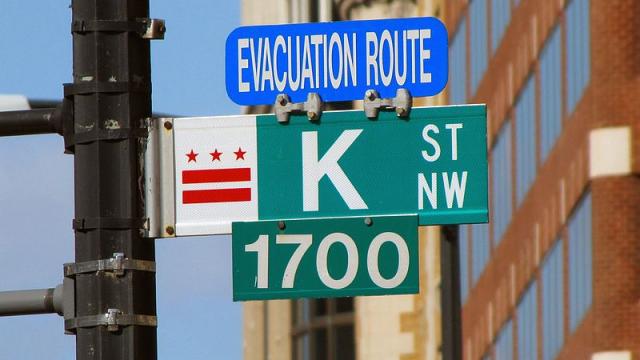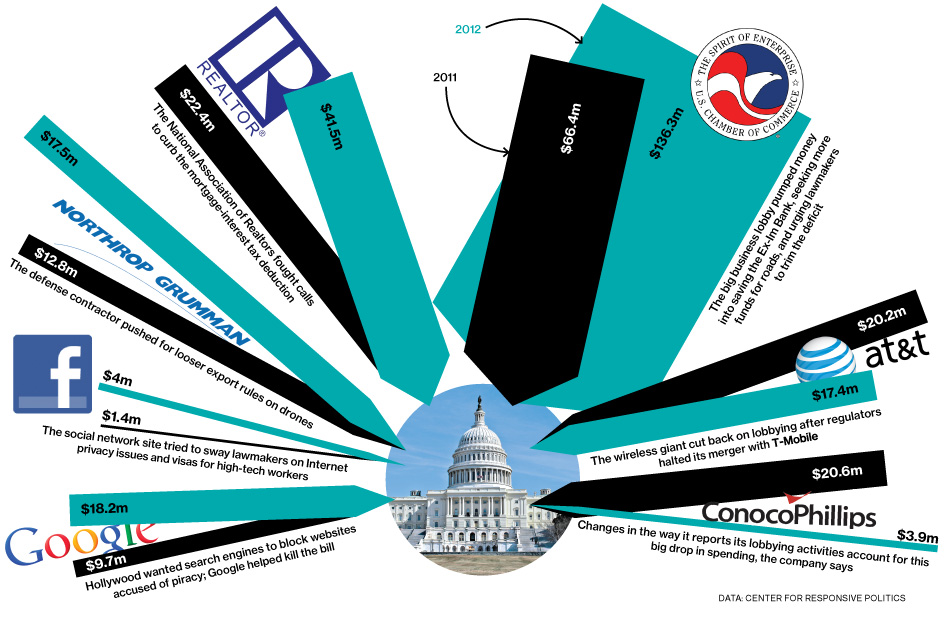
How important is reducing the influence of money in politics to Americans? It depends on how you ask the question.
A new poll sponsored by the campaign reform advocacy group United Republic, through its Represent.us project, concludes more than 60 percent of Americans would strongly support “a federal law that imposes tough, new campaign finance laws for politicians, lobbyists and super PACs.”
That’s not an unimpressive figure, but strong support for a reform law jumped to about 72 percent when respondents were asked about “tough, new anti-corruption laws” instead of “campaign finance” ones, according to polling documents reviewed by the Center for Public Integrity.
Josh Silver, Represent.Us’s director, said his organization’s poll “confirms that while Americans may support campaign finance reform, they are truly fired up about corruption.”
“Conservatives, progressives, and independents are all willing to support bold reforms, provided that we stop using dated, inaccessible language and start defining this issue in terms everyone can get behind,” he continued.
Most Americans, regardless of political affiliation, aren’t impressed with the country’s elections or integrity of officeholders, according to the poll’s findings.
More than seven in 10 respondents agreed that the U.S. election system was “biased in favor of the candidate with the most money.” Only 15 percent said that the system was “equally fair to all candidates.”
And 51 percent agreed with the statement that “most politicians” are “corrupt.”
Republicans were slightly more likely than Democrats to believe most politicians are corrupt. About 53 percent affirmed that statement, versus nearly 45 percent of Democrats.
Yet independents viewed politicians least favorably of all — with about 56 percent agreeing that most politicians are corrupt.
Additionally, vast majorities of poll respondents thought many groups wield too much influence over the country’s government, including “labor unions” (61.4 percent), “special interests” (76.5 percent), “super PACs” (77 percent), “the wealthiest 1 percent” (77.2 percent), “Wall Street and corporations” (81.2 percent), “lobbyists” (82.9 percent) and “Big Money” (88.3 percent).
With poll numbers like this, it’s no wonder that the American League of Lobbyists recently changed its name to the National Association of Government Relations Professionals.
Represent.us hired pollsters MFour Market Research and Tulchin Research to conduct the poll, which contacted 1,003 Americans last month and was “controlled and weighted to reflect U.S. voter demographics.” Those contacted say they at least vote in “most elections.”
The margin of error for most poll questions is plus or minus 3.5 percent, according to the group.
3 WAYS TO SHOW YOUR SUPPORT
- Log in to post comments












